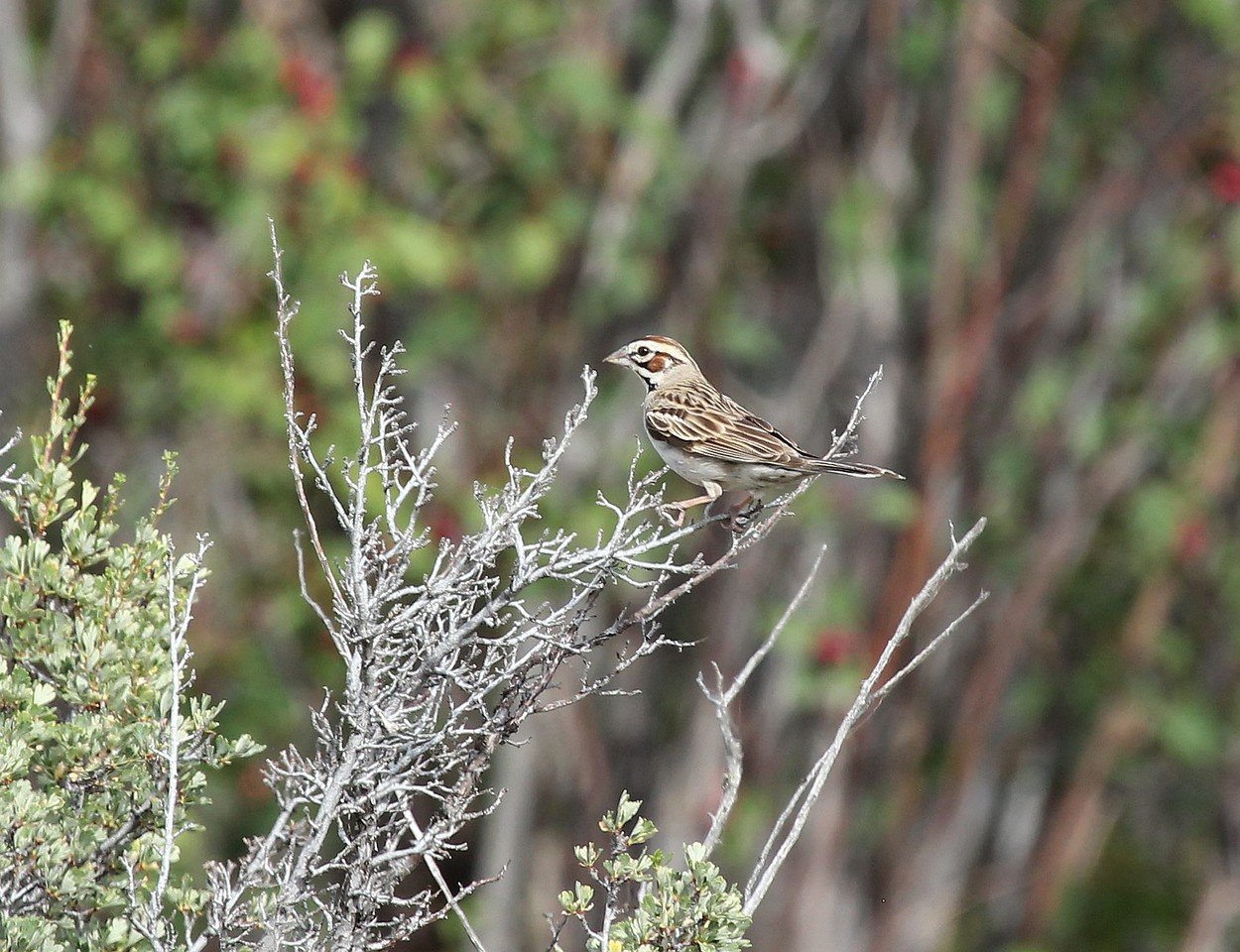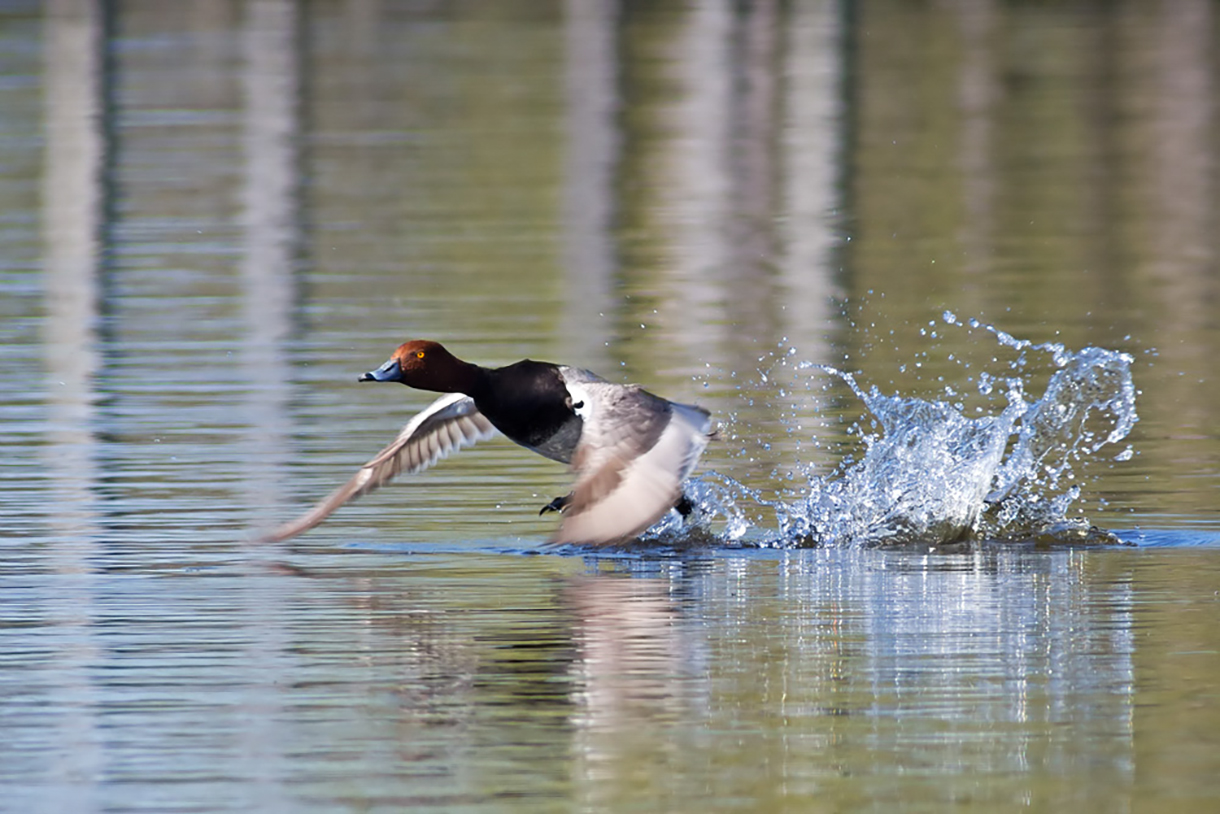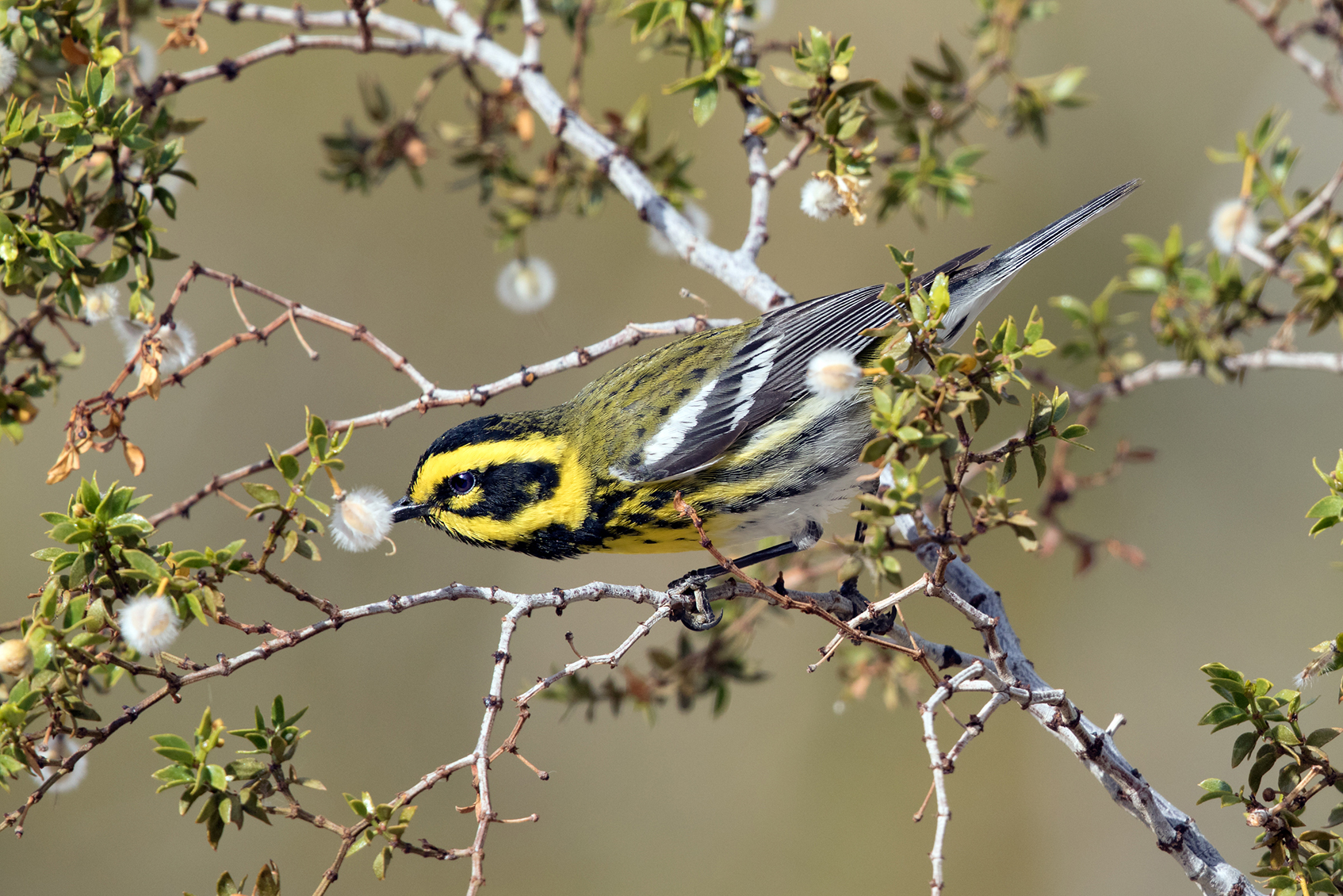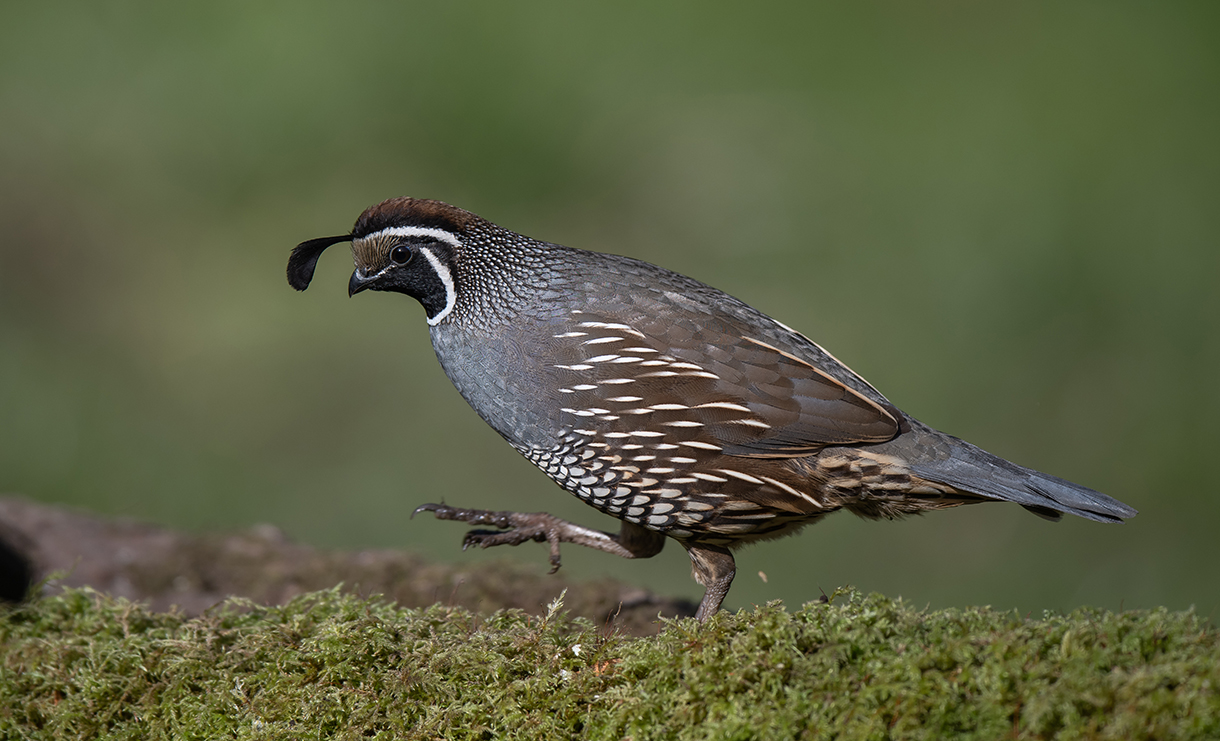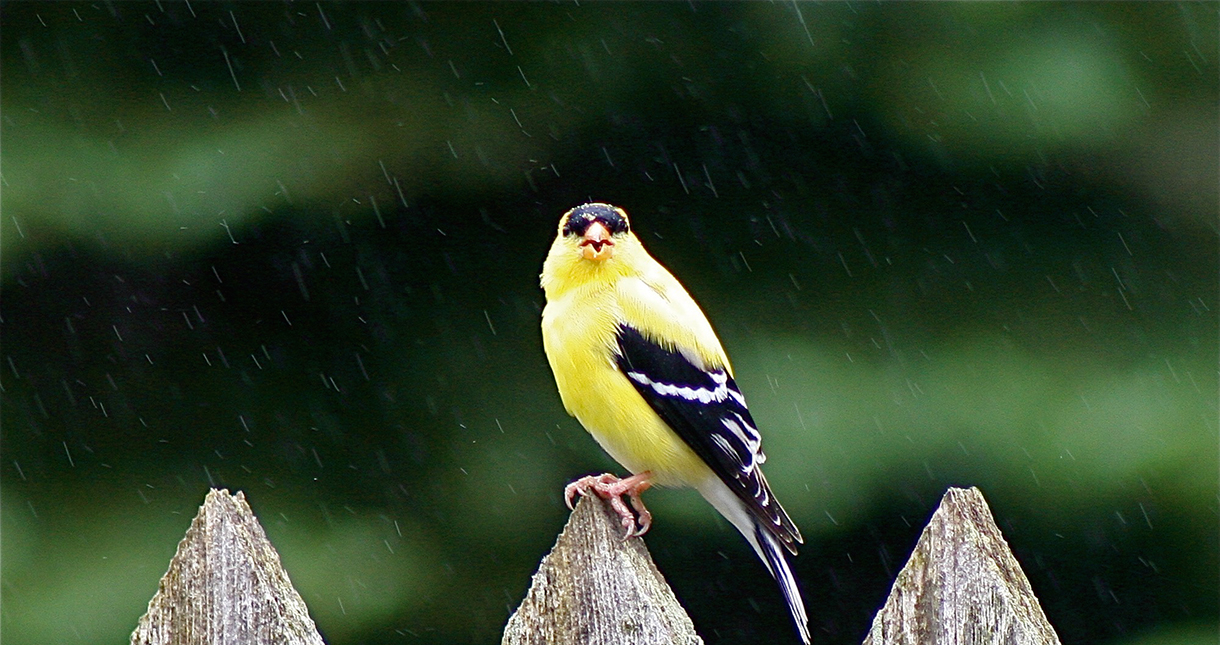The Yakima Valley Audubon Society is people dedicated to the enjoyment and preservation of the natural world. Through birding, education, and conservation activities in our community, we raise awareness and promote the cause of global environmental protection.
Upcoming Events
Thursday, April 25, Yakima Area Arboretum, 7:00 PM
YVAS Program: Eric Heisey, Tropical Wildlife and Conservation — Peru and Kenya
Saturday, April 27, morning
Yakima Training Center, Leader: Scott Downes. Trip is full.
Saturday, May 4, morning
Second Saturday Bird Walk- Uptanum Creek Canyon Trail. Leaders Sarah Shippen and Gene Miliczky, ses1440@outlook.com
Friday, May 10 – Monday, May 13
2024 Yakima County Spring Migration Count. Leader: Scott Downes, downess@charter.net
Friday, May 10 – Friday, May 31
2024 Birdathon!
Tuesday, May 14, 7:00 PM
YVAS Board Meeting, 7:00 via Zoom
Saturday, June 1, all day
White Pass Highway. Woodpeckers & songbirds. Leaders: Andy & Ellen Stepniewski, steppie@nwinfo.net
Saturday, June 8, morning
Second Saturday Bird Walk-Tieton Nature Trail. Leaders: Sarah Shippen and Gene Miliczky, ses1440@outlook.com
Thursday, June 11, 7:00 PM
YVAS Board Meeting, 7:00 via Zoom
Field Trips
Read more about our upcoming Field Trips here.
Calliope Crier
Read about our upcoming Field Trips and activities, and all the ways you can get involved with the Yakima Valley Audubon Society.
Upcoming Program
Join us on April 25th! Eric Heisey’s program is Tropical Wildlife and Conservation — Peru and Kenya, 7:00 at Yakima Area Arboretum. In person and on Zoom. More information.
Join the Yakima Valley Audubon Society!
Join our field trips and support our conservation work.
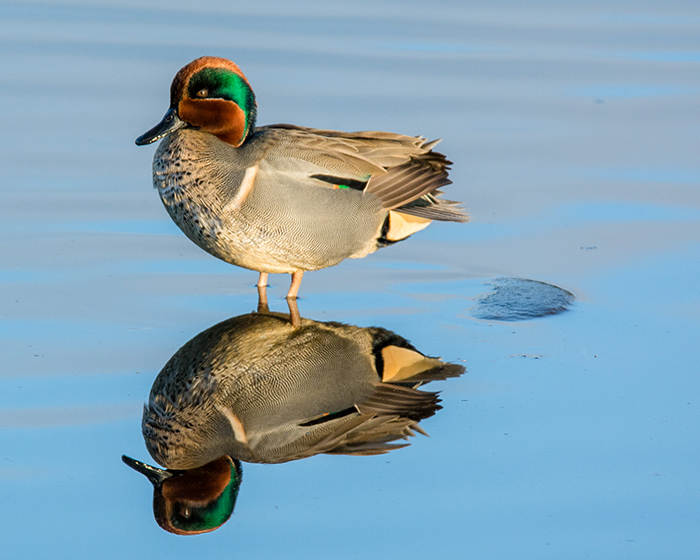
Green-winged Teal, photo: Gerald Lisi

